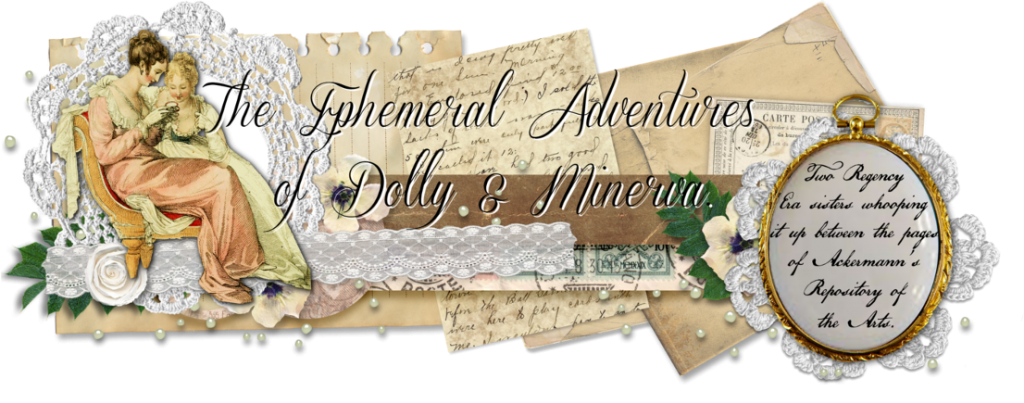It was so fun when the two girls began singing lessons in school, using the old standby, Schirmer's Twenty-Four Italian Songs and Arias of the 17th and 18th Centuries. What beautiful songs! My first recital song was 'Già il sole dal Gange' by Scarlatti, a common early singing-lesson number. I combed YouTube for a performance that actually sounded like me. Although the sound is poor on my link, this one was a good match.
There's not a generation of young people who haven't heard their parents complain about "modern music" and reminisce fondly of the music of their day, which their own parents complained about. My grandmother was said to shake her head over my uncle who was a jazz musician in the bebop style. But then, she'd laugh about her father griping, "What's all this "everybody's doin' it, doin' the Turkey Trot"? It was the big hit of 1912!
Being able to play an instrument or sing was far more important in the past than it is today, as there were no mechanical entertainment devices. Evenings were far more pleasant with a musical instrument in the home, and every party depended on a group of musicians to provide dance tunes. In the 1800's "parlour music" was a popular trend. It was music for light entertainment in intimate gatherings, as the name implies, often wistful romantic songs, or jolly, humorous numbers. Thomas Moore, an Irish poet,songwriter, and author, had a great following and is today considered to Ireland what Robert Burns is to Scotland. His songs The Minstrel Boy, The Last Rose of Summer, Believe Me If All Those Endearing Young Charms, and Oft In the Stilly Night, are still well-known.
I have to add Robert Burns' words to the lovely song My Luve's Like A Red, Red Rose, here sung by Kenneth McKellar. I remember my mother listening to this on the radio, with tears flowing down her cheeks, saying, 'Oh, it's a wonderful thing to be Scottish!'.


No comments:
Post a Comment